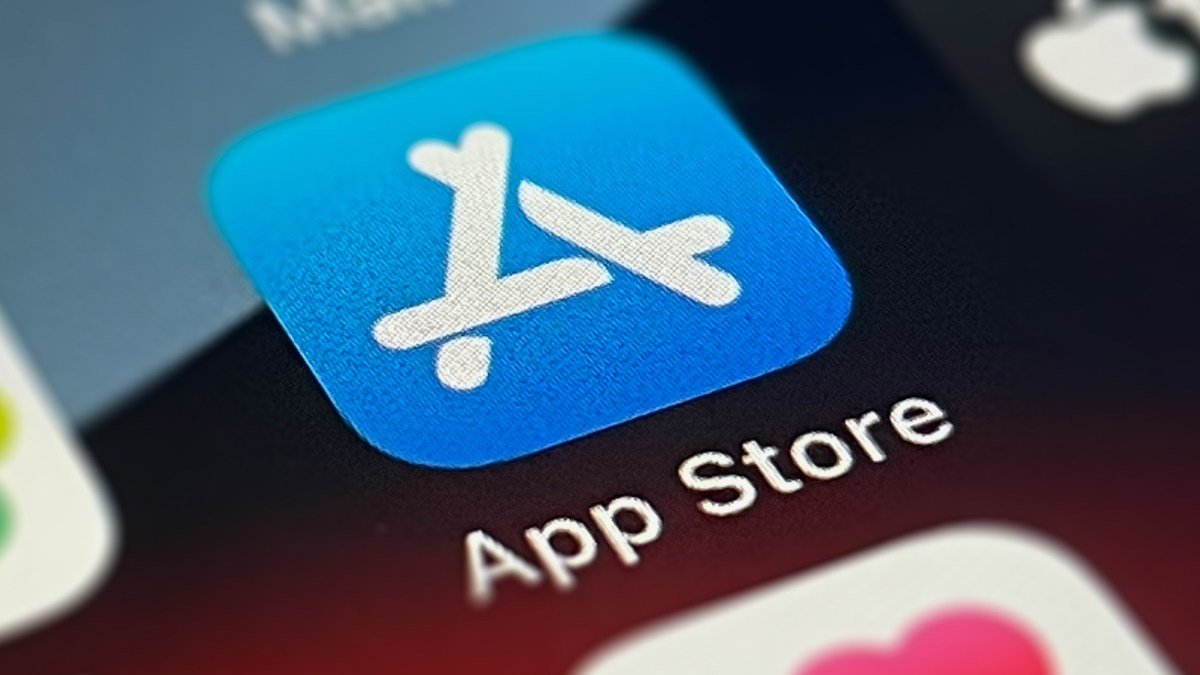Apple Complies with Supreme Court Order, But with Caveats
Apple has recently updated its App Store rules in response to a court order, after the Supreme Court declined to hear Epic Games’ antitrust case. The court case revolved around Apple’s commission rates and the ability for apps to promote alternative payment methods.
“But Apple’s compliance comes with several caveats, including technical requirements, an application process, and even what sort of apps will be allowed to direct customers to their websites,” Apple explains in a court filing.
The new rules allow developers to promote alternative means of payment for in-app purchases and subscriptions through links or buttons within their iOS apps. This is a significant change from the previous requirement that developers use Apple’s own in-app purchase system.
The Link Entitlement
However, Apple’s compliance comes with a complicated process. Developers must now apply for permission to include an external link or button through the StoreKit External Purchase Link Entitlement. This is not the first time Apple has used entitlements to make exceptions to its App Store rules.
- Last year, Apple allowed “reader” apps to direct customers to external websites to manage their accounts, using an entitlement.
- The Netherlands also saw an entitlement exception for dating apps, allowing users to be directed to other purchase options.
Apple Vets and Controls External Links
The new Link Entitlement allows Apple to vet and control which apps can have external links. This is due to the court’s ruling that Apple’s new framework would not be “micromanaged.” Apple can also still require developers to use its in-app purchase system and take precautions to protect users from potential scams.
This has resulted in what Epic Games refers to as “scare screens,” aimed at discouraging users from making external purchases.
Someone needs to add this to the Wikipedia entry: “malicious compliance” https://t.co/RTgG9zFanL
- Developers must provide details about their app, unique identifier, and the link they want to include, along with the website domain the user will be directed to.
- The website must be owned or responsibly maintained by the developer.
- The payment method must not redirect or use intermediate links or landing pages and cannot mimic Apple’s in-app purchase system.
- Payment processors must meet certain industry standards and provide processes for disputing unauthorized transactions.
Exceptions to the Link Entitlement
The support page for the new entitlement states that apps in Apple’s Video Partner or News Partner programs are not eligible to use the Link Entitlement. These programs have their own commission rates, and developers must continue to follow their rules instead of being offered the ability to market their own payment links in-app.
Apple’s Rules for the Link Entitlement
Developers must show the link to their alternative payment mechanism on a single app page, in a dedicated location, and only for that page. Apple also provides compliant templates for developers to use, but warns against making “subjective claims” about their competing purchase method.
Apple has also set a 27% commission rate on out-of-app-store purchases that take place within 7 days of a user tapping through an external link. This leaves developers with a difficult decision – include the link and pay the higher commission, or exclude it and potentially lose out on customers.
Industry Criticism
Epic, Spotify, and other app developers have taken issue with how Apple has complied with the court order, calling it “bad faith” and “outrageous.” Despite this criticism, it is likely that Apple’s actions are legal.
But knowing Apple’s lawyers, it’s likely legal, too.









[…] entrepreneur Elon Musk, announced the launch of audio and video call capabilities for its Android users. This significant update was made known by one of the X engineers, Enrique, who tweeted about it […]